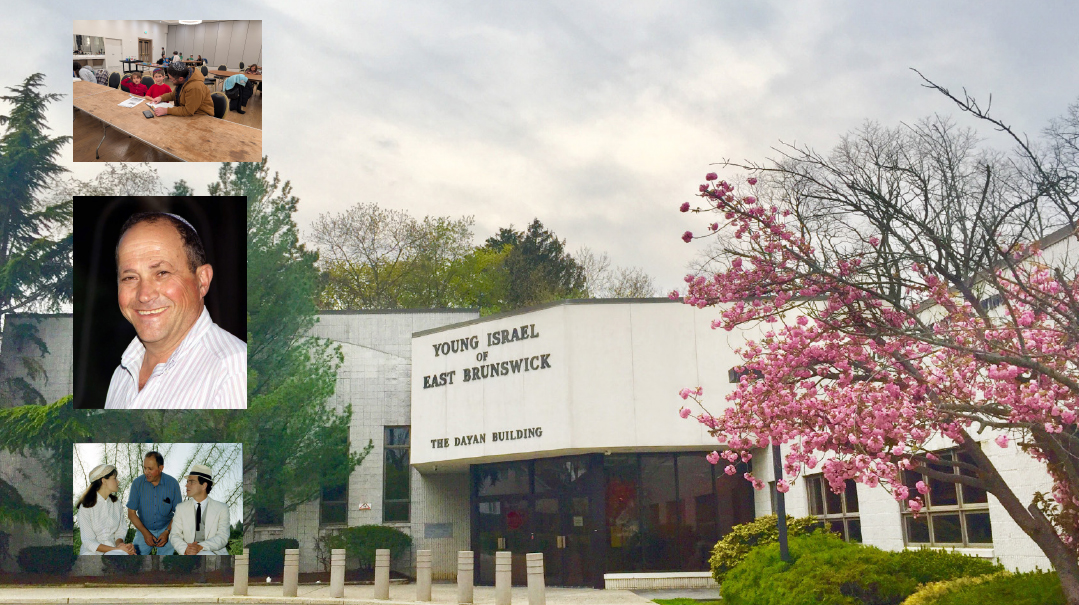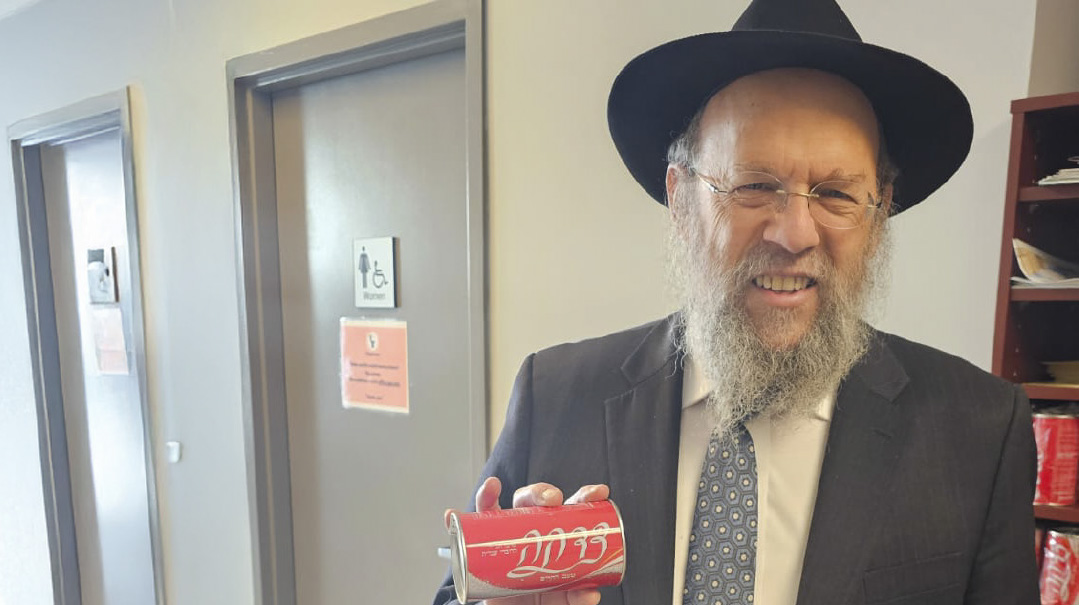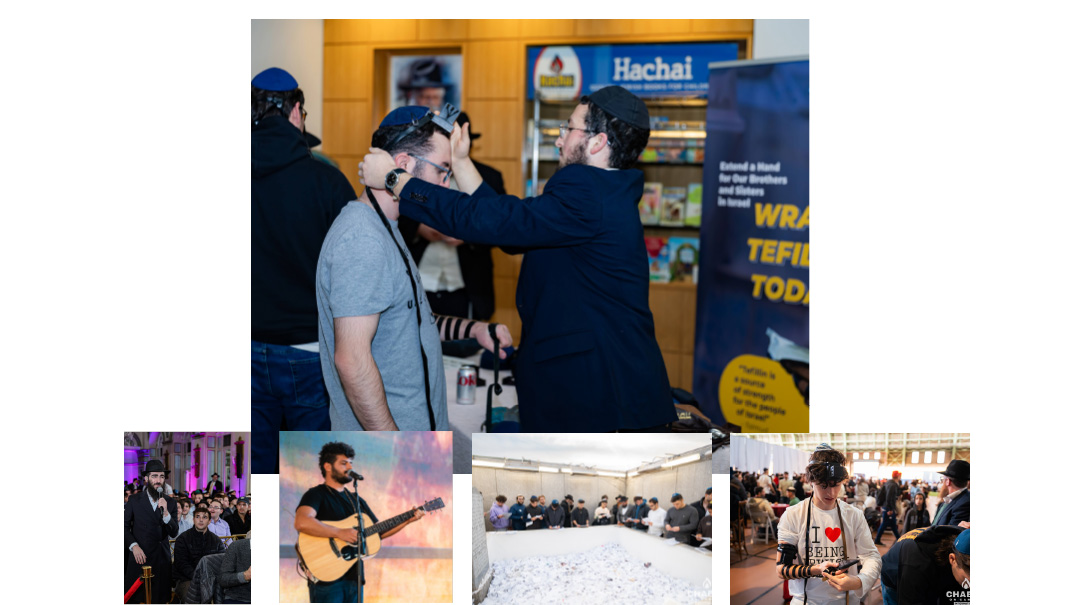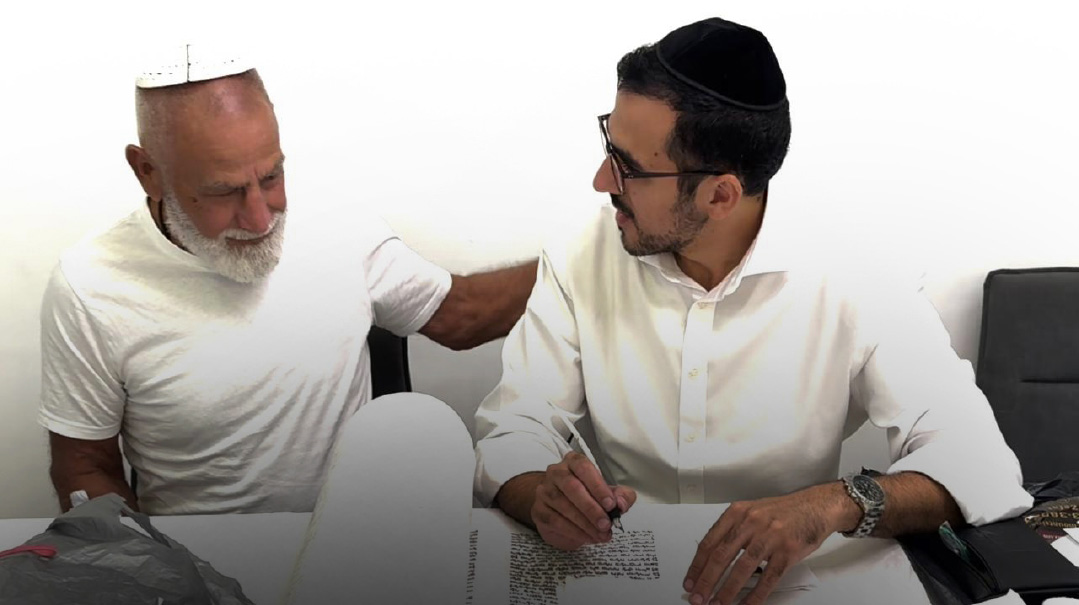Poland Spring
| June 4, 2024Sivan Rahav-Meir finds common ground wherever she lands
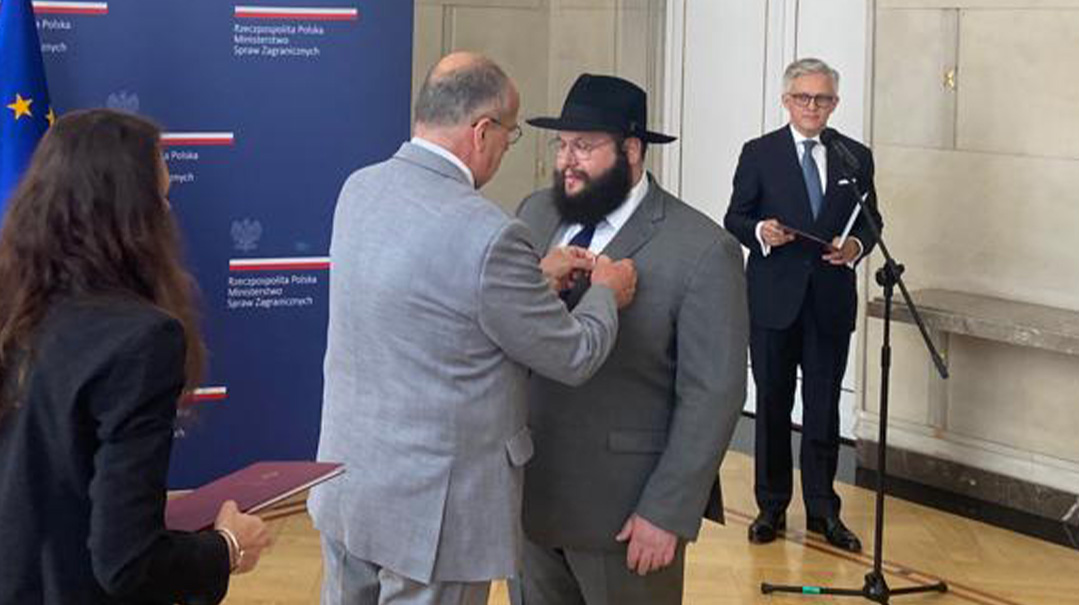
Where
Warsaw, Poland, at the annual shabbaton organized by Chabad of Poland. This year’s theme was, “Even Now, We Come Together.”
Who
More than 200 members of Poland’s revived Jewish community. This was one of the first times since the Holocaust that such a large group of Polish Jews met in order to learn more, connect, and grow.
My takeaway
Upon my return to Israel, I resolved to look inward and identify areas for personal growth, even in things that seem insignificant. And I resolved to be more cognizant of all the blessings in my life, embracing them with joy and a deep sense of Jewish pride.
When my agent told me about this upcoming booking, my initial thought was, Poland? What’s there to do in Poland? My Holocaust survivor grandmother, Savta Ada Rosentrauch a”h, hailed from the town of Piotrokov in Poland. But that diaspora is finished. After the Holocaust she made aliyah, and the next generation was already born in Israel. How many Jews are even left in Poland? And why spend Shabbos with them?
With the war raging in Israel and growing global anti-Semitism, I assumed that we’d simply cancel my participation at this annual shabbaton for Poland’s Jewish community, which had been arranged several months earlier.
But Rabbi Shalom Ber Stambler and his wife Nechama Dina, Chabad emissaries in Warsaw and the organizers of the shabbaton, wouldn’t let me off the hook.
“This Shabbos is going to be much bigger than what we originally planned,” they assured me. “We’ve never seen so many people register for our events.”
If I expected small and insignificant, it turned out to be anything but. Because this wasn’t only about Poland, but about the millions of our distant, unaffiliated brothers and sisters who are scattered across the globe.
In a fancy Polish hotel in the center of Warsaw, the crowds kept arriving (both before and during Shabbos), many of them having never taken part in Jewish events before. We met Jews from Lodz, Bialystok, Katowice, Krakow, as well as from Warsaw itself — city names that evoke associations from sepia-tinted, prewar shtetl life. But here we encountered real people: young, smiling, and thirsty for Yiddishkeit! Something hidden deep down had been aroused and wanted to connect.
“It’s not just wanting to connect,” one of the participants explained to me. “Everyone here will become an ambassador, standing up each day in support of Israel and Judaism — and against Hamas and anti-Semitism.”
One participant related that he’d donated money to families of Israeli evacuees; another said that she’d begun learning Hebrew. A student told me about a pro-Israel demonstration that she was planning on attending for the first time, while another described his one-man protest: putting up a mezuzah.
They’re deeply concerned about the hostages, and on Motzaei Shabbos they took a group photo with each holding a picture of a specific captive. One hostage especially has captured the attention of Poland’s Jews: Alex Danzig, a 76-year-old Polish-Israeli historian, guide at Yad Vashem, and one of the founders of the program that takes Israeli high school students to Poland each year to relive the scenes of Nazi atrocities, was kidnapped from his home in Nir Oz on Simchas Torah morning and abducted to Gaza. Alex’s son and grandchildren survived the attack, after hiding in their safe room for seven hours.
Danzig was born in Warsaw in 1948 to Holocaust survivor parents, with whom he made aliyah when he was nine years old. The last sign of life from him was at the end of November, when he sent a message to his family via one of the released hostages. Although Hamas claims he was killed along with six other Israeli hostages in an IDF bombing in March, the Israeli authorities never confirmed this information. Polish President Andrzej Duda has made several references to him over the last seven months, and Alex’s Polish friends have also been active on his behalf. All over Warsaw, we could see stickers and signs with #StandWithAlex.
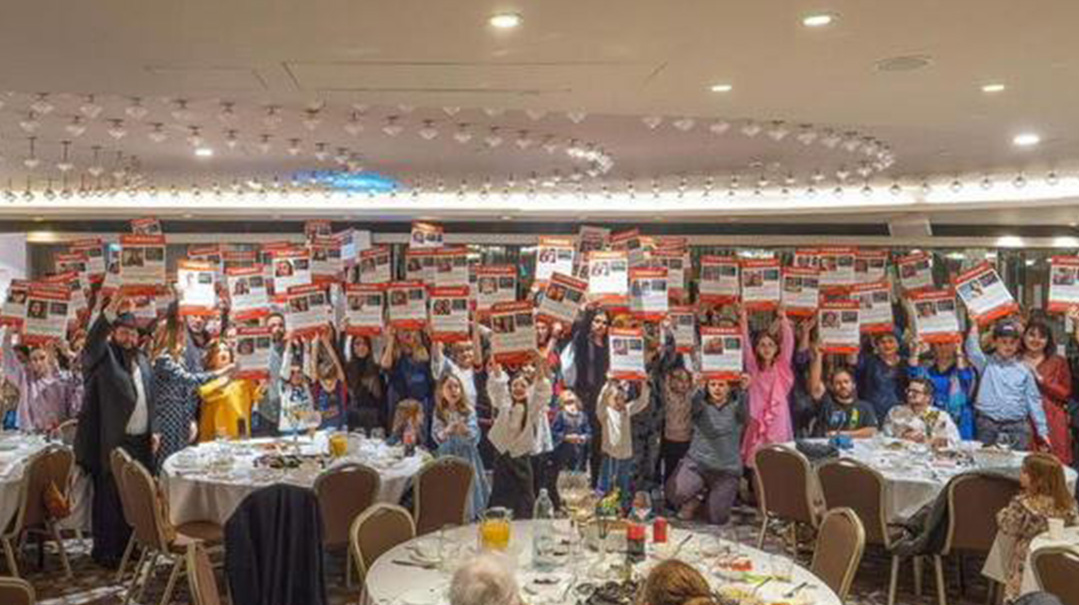
Photo: crownheights.info
Polish Jewry is waking up. What does that mean for us? Here are just two examples that came my way.
A few weeks after October 7, two local Jewish businessmen who had been sworn enemies for years, came together to Rabbi Stambler’s house, explaining that they’d made peace and asking what they could do to provide additional merits for Am Yisrael. “This isn’t the time for rifts among our people,” they said.
Even in Poland, Jews have begun to reexamine their priorities. October 7 was a stark, painful reminder that nothing can be taken for granted. The Polish Jewish community has taken note, and its members are making great strides in their Yiddishkeit, starting with small steps. Perhaps we, too, can emulate these Polish businessmen and rethink the direction we’re taking, making peace, forgiving, and making some basic changes in our relationships. Now’s the time.
At the airport in Warsaw, my husband Yedidya wore a baseball cap over his yarmulke and tucked in his tzitzis. At the baggage check, they asked him to remove his hat, and so, for about 20 seconds, his kippah was visible. But those 20 seconds sufficed for a huge, burly Ukrainian to come up to us and ask loudly, “Israel?”
I didn’t know how to respond. That I’m from China? Ethiopia? We tried to discreetly walk way, but he was insistent. “You Israel?” he asked again. I nodded and hoped to be able to disappear into the crowd, but then he began to roar something in rapid-fire Ukrainian. We didn’t understand a word, but apparently the communication was very important to the man because in the end, he took out his cell phone, translated the words into English and with a huge grin showed it to us: “May G-d Protect Israel.”
It was a heartening message. We have many friends and supporters around the world, yet instead of standing tall and proud to receive their blessings, we often squirm and prefer to hide our identity. This encounter led to some soul-searching: Am I sufficiently aware of the fact that we are a blessing for the entire world? Do I keep it in mind?
That Ukrainian fellow flashed his message to us, but not only us — it’s really for everyone reading these lines. May G-d protect Israel!
(Originally featured in Mishpacha, Issue 1014)
Oops! We could not locate your form.

